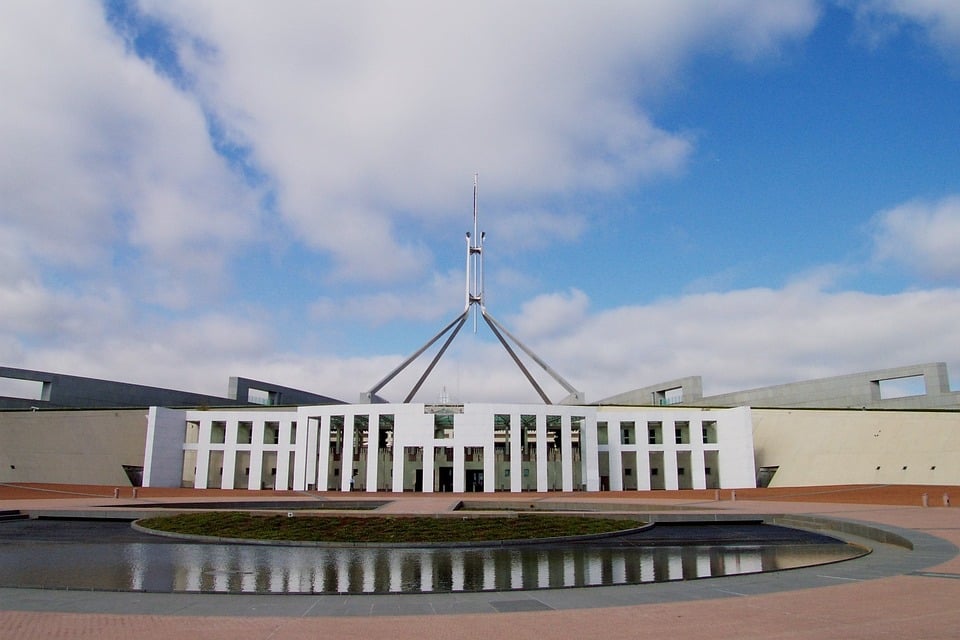
In recent discussions surrounding Australia's housing market, the topic of negative gearing reform has gained significant attention. Leith van Onselen, Chief Economist at MB Fund, argues that proposed reforms by the Albanese government could enhance home ownership rates by reducing investor demand, which has been a contributing factor to rising rents and housing unaffordability. This perspective is echoed amidst concerns from investors like Eddie Dilleen, who owns 110 properties and claims that rents could surge by as much as 50% if negative gearing is abolished, potentially exacerbating the ongoing rental crisis [596e9f88].
However, historical data suggests that the impact of negative gearing on rental prices may not be as severe as some predict. During the mid-1980s, when negative gearing was previously removed, the Australian Bureau of Statistics reported that rental growth remained flat or even declined in most capital cities. Treasury advice from that time indicated that changes to negative gearing had minimal effects on the housing market overall. Bharat Patel, who owns 32 homes, contends that eliminating negative gearing would devastate the economy, yet the Albanese government's proposed reforms would only affect future investors, leaving existing arrangements intact [596e9f88].
The debate over negative gearing reform is set against a backdrop of rising rents, which have increased by 7.6% in capital cities over the past year. The Consumer Price Index (CPI) data shows that while inflation has moderated, the cost of living remains a pressing issue for many Australians. The RBA has been cautious in its approach to interest rates, balancing the need to control inflation with the potential impacts on housing affordability [0bd7a672].
As the government considers these reforms, the question remains whether they will effectively address the housing crisis or if they will lead to unintended consequences that could further strain renters and the broader economy. Investors and policymakers alike are watching closely to see how these changes will unfold and what impact they will have on the Australian housing landscape [596e9f88].